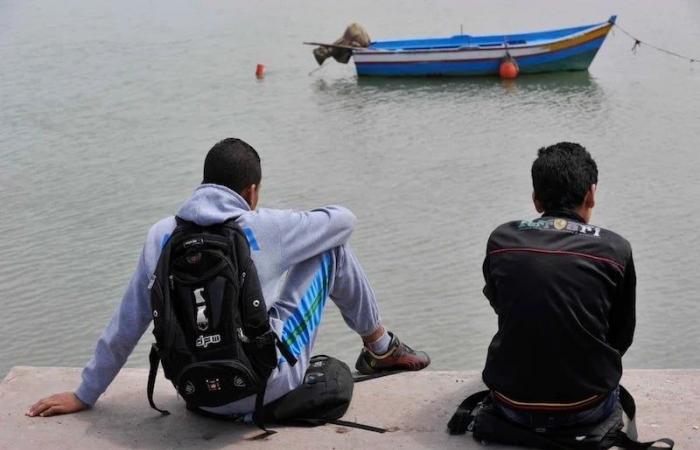Morocco and Spain, united for years by close cooperation in the fight against irregular immigration, illustrate an exemplary partnership marked by the effectiveness of the security forces of the two countries. The results also live up to this shared commitment.
The year 2024 marked a significant milestone in the fight against irregular immigration, as evidenced by a recent report issued by Melilla. This enclave recorded its lowest number of irregular migrant entries since the 1990s, with only 113 arrivals, contrasting with the alarming figures of previous years. This notable decline is the result of a concerted effort between Moroccan and Spanish security forces, which prevented up to 49,000 attempts at irregular immigration to Spain, considered the gateway to Europe. .
Data revealed by the Spanish news agency Europa Press demonstrates not only a decrease in migrant arrivals, but also a change in the migratory landscape. In fact, arrivals by sea experienced the greatest drop, amounting to only 21 people in an irregular situation on the coasts of Melilla, a decrease of 88.3% compared to the 180 arrivals from 2023. Meanwhile, land entries also recorded a significant decline of 42.5%, from 160 in 2023 to 92 in 2024.
This reduction in migratory flows is all the more notable in view of the tragic events that occurred on June 24, 2022, when thousands of migrants, mainly of Sudanese origin, attempted to cross the border between Morocco and Spain via Melilla. That day, despite the efforts of the authorities, 150 people managed to enter, while these attempts resulted in at least 24 deaths.
Morocco, as Spain’s priority partner in the fight against irregular migration, plays a determining role in this dynamic. Irregular immigration, often associated with illegal activities such as transnational terrorism and organized crime, requires strategic and coordinated responses. The reinforced cooperation between the two countries in terms of security and border control is part of a global framework aimed at stemming this worrying phenomenon.
This collaboration not only improves the situation on the ground, it also strengthens bilateral relations between Morocco and Spain, establishing a model of effective cooperation in the region. The 2024 figures demonstrate tangible change, likely to inspire other nations facing similar migration and security challenges. The success of this dynamic depends in particular on the desire of the two countries to maintain and intensify their joint efforts.
Furthermore, Spanish officials have not failed, over the years, to salute the work carried out by Morocco in the fight against irregular migration. The Spanish Minister of Foreign Affairs, José Manuel Albares, is one of them. The latter has often highlighted the successes of the collaboration between Morocco and Spain, expressing his satisfaction with the results of this partnership. He also affirmed that this cooperation between Madrid and Rabat had made it possible to counter thousands of attempts at illegal immigration.
The same goes for the Spanish Minister of the Interior, Fernando Grande-Marlaska, who has always praised Morocco’s efforts to curb attempts at irregular migration to Spain. These efforts have made it possible to significantly reduce irregular travel and better control the situation, whether on land or at sea.






